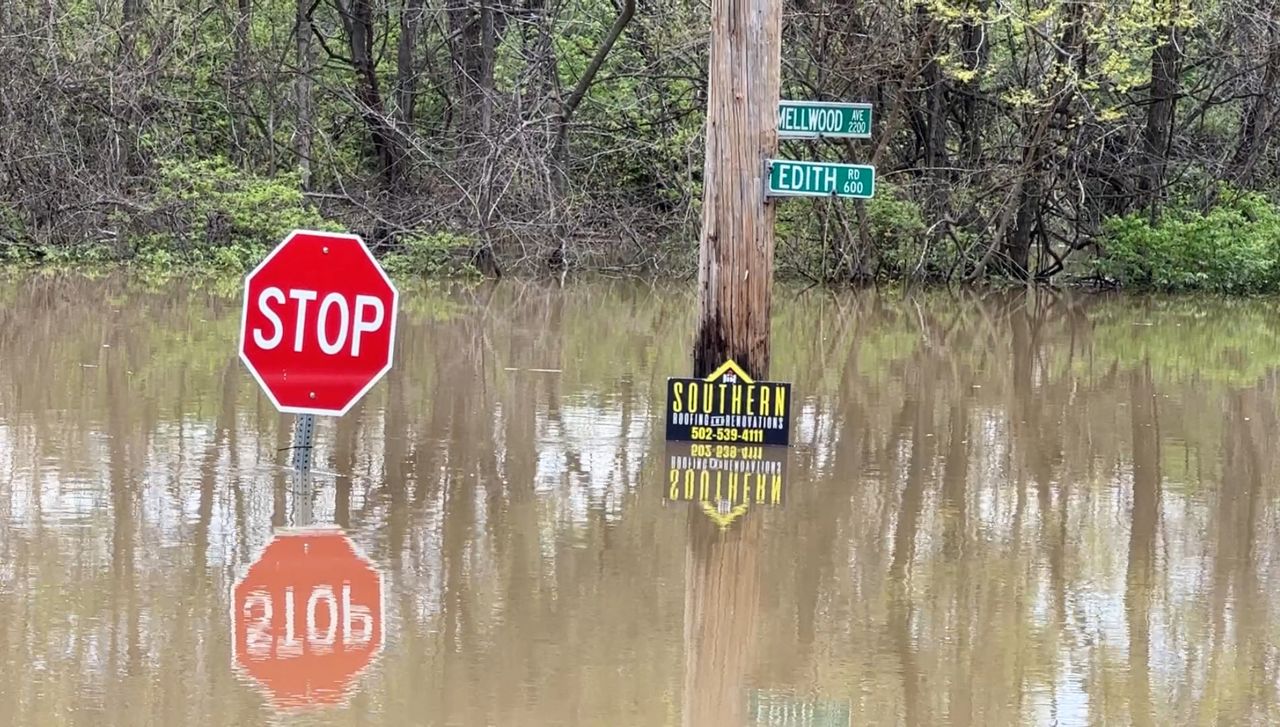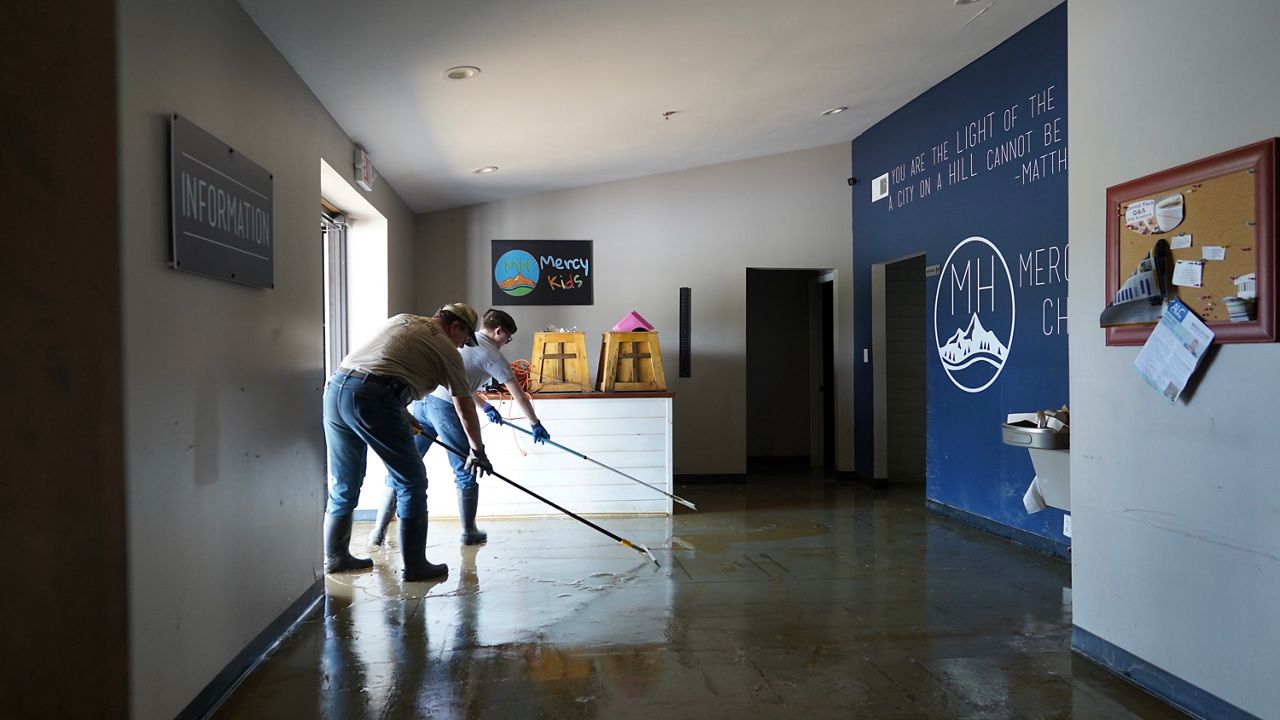LOUISVILLE, Ky. — Kentucky lawmakers say they expect to see new bills introduced in the 2025 General Assembly to curb cellphone use in schools.
Other states like Indiana, Florida and California have passed legislation requiring schools to limit cellphone use for students.
A new study from New York University researchers shows young adults ages 18 to 27 spend between three and seven hours a day on social media.
“Just about one in four are spending about seven hours a day every day on these platforms. This is about a full school day spent every day on these platforms,” said Zach Rausch, an associate research scientist at NYU.
Rausch told Kentucky lawmakers at an interim joint committee on education in Frankfort that teens are feeling like they are constantly online. However, it’s not because they want to be.
“Just about half of young people are saying that they wish the platforms that they grew up with were never invented. And this includes those who are spending more than four hours a day on these platforms. Just about half of them say they wish social media was never invented,” said Rausch.
And all this time online is affecting student’s anxiety, relationships with others and learning in school.
“We all know during COVID, scores really plummeted and COVID really did matter, but these trends started beforehand. They stated right around 2012,” said Rausch.
And now, lawmakers are looking at potential solutions — like phone-free schools.
“This has really been a catastrophic failure. We need to bring an end to this phone based childhood and try to restore a play-based childhood. One of the best ways to do this is at an institutional level, especially in schools,” said Rausch.
In Ohio, schools districts already have this ban in effect and they say it has had a positive impact.
“Kids talking more in the hallways, we see kids talking a lot more at lunch to each other, face to face …. And we see fewer fights,“ said David E Lawrence of Dayton Public Schools.
They say students have a hard time at first, but learn to see the value.
Some ways schools are going in phone free is by using phone lockers and phone pouches.
A proposal on cellphone use in K-12 public schools was discussed during the last legislative session in Frankfort, but it did not pass.












